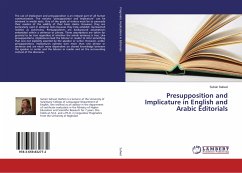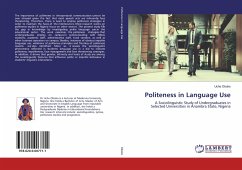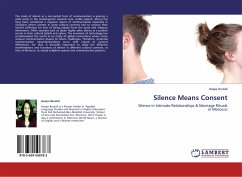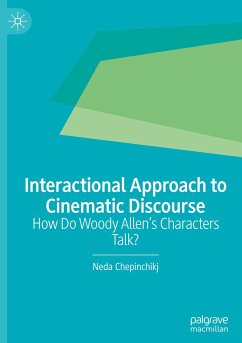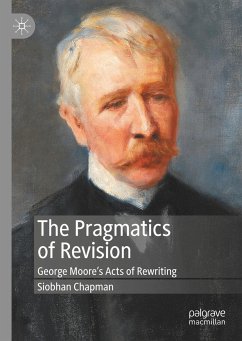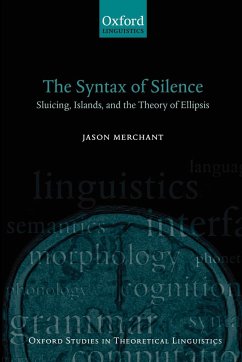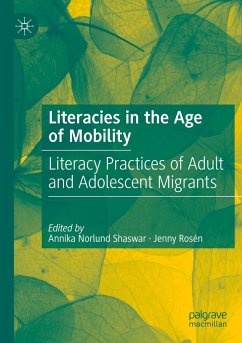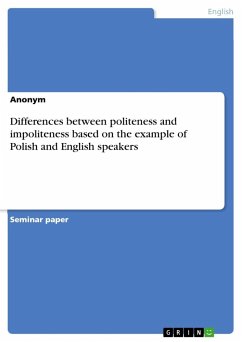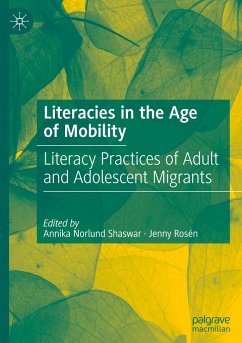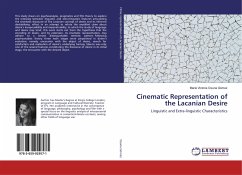
Cinematic Representation of the Lacanian Desire
Linguistic and Extra-linguistic Characteristics
Versandkostenfrei!
Versandfertig in 6-10 Tagen
22,99 €
inkl. MwSt.

PAYBACK Punkte
11 °P sammeln!
This study draws on psychoanalysis, pragmatics and film theory to explore the interplay between linguistic and extra-linguistic features articulating the cinematic discourse of the Lacanian concept of desire and its inherent destabilising effect. In an attempt to refute the mystified claim about desire's inexpressibility and impenetrability, to which the study of language and desire may tend, this work starts out from the hypothesis that the encoding of desire, and by extension, its cinematic representation, may adhere to a certain distinguishable semiotic pattern. Following psychoanalytic the...
This study draws on psychoanalysis, pragmatics and film theory to explore the interplay between linguistic and extra-linguistic features articulating the cinematic discourse of the Lacanian concept of desire and its inherent destabilising effect. In an attempt to refute the mystified claim about desire's inexpressibility and impenetrability, to which the study of language and desire may tend, this work starts out from the hypothesis that the encoding of desire, and by extension, its cinematic representation, may adhere to a certain distinguishable semiotic pattern. Following psychoanalytic theory three main stages were pinpointed in desire's evolution; namely, encounter with the object of desire, search for satisfaction and realisation of desire's underlying fantasy. Silence was only one of the several features constituting the discourse of desire in its initial stage, the encounter with the desired object.



